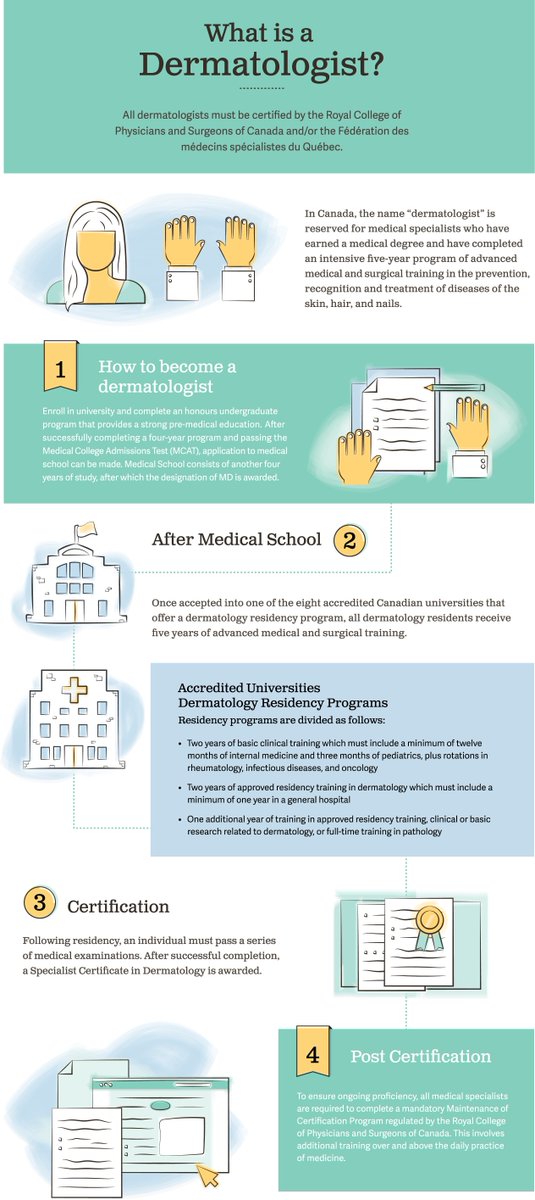Myths And Facts Regarding Acne: Debunking Common Misconceptions
Myths And Facts Regarding Acne: Debunking Common Misconceptions
Blog Article
Material Writer-Ebsen Beyer
You might assume that indulging in delicious chocolate or greasy foods is the origin of your acne, however that's simply one of lots of myths swirling around this usual skin problem. As a matter of fact, acne mainly originates from clogged up hair follicles, not your last dessert. Misconceptions like these can lead you to embrace ineffective skincare methods that might even aggravate your scenario. As you navigate the realities behind acne, you'll discover understandings that can change your technique to skincare and aid you accomplish more clear skin. So, what really lies beneath the surface area?
Common Myths Concerning Acne
When it pertains to acne, many individuals believe in typical myths that can result in complication and aggravation. One prevalent misconception is that consuming chocolate or greasy foods triggers acne. While diet regimen can affect skin health, the direct link in between particular foods and acne isn't as well-defined as lots of think.
An additional common false impression is that you should scrub your face intensely to clear outbreaks. In truth, hostile scrubbing can aggravate your skin and get worse acne.
You may likewise believe that acne only influences young adults, yet grownups can experience it also, often as a result of hormone adjustments or anxiety. Some individuals think that tanning can clear acne, yet sun direct exposure can actually bring about skin damage and aggravate outbreaks over time.
Finally, numerous think that using rough products will eliminate acne rapidly. Nevertheless, these products can strip your skin of its natural oils, bring about increased irritation and even more outbreaks.
Scientific Details Behind Acne
Recognizing the scientific realities behind acne can equip you to tackle this typical skin disease better.
Acne takes place when hair follicles come to be clogged with oil, dead skin cells, and germs. This procedure typically starts with an overproduction of sebum, the oil your skin naturally produces. https://coldlighttherapy96159.blogtov.com/12695360/what-happens-if-the-trick-to-clear-skin-lies-in-an-individualized-method-discover-exactly-how-customized-acne-treatment-plans-can-make-all-the-distinction , especially throughout the age of puberty or menstrual cycle, can activate this excess oil.
Microorganisms known as Propionibacterium acnes prosper in these stopped up pores, resulting in swelling. When your body immune system responds, it can cause inflammation and swelling, resulting in those pesky pimples or cysts.
Genes also play a role; if your parents had acne, you might be more prone to it.
Diet and stress and anxiety levels can influence acne too, but study is still developing in these areas. While enjoying oily foods will not straight create breakouts, a well balanced diet can sustain your skin health.
Likewise, managing stress and anxiety can decrease hormone fluctuations that may aggravate acne.
Tips for Managing Acne
Handling acne properly needs a mix of day-to-day skin care practices and lifestyle adjustments. Start by developing a regular skincare routine. Cleanse your face twice a day with a gentle, non-comedogenic cleanser to remove dust and excess oil. Avoid scrubbing as well hard, as this can aggravate your skin and aggravate acne.
Next, incorporate products containing salicylic acid or benzoyl peroxide to assist protect against breakouts. Always follow up with a lightweight, oil-free cream to maintain your skin hydrated. Do not neglect sunscreen; select non-comedogenic choices to safeguard your skin from UV damage without blocking pores.
Beyond acne facial , pay attention to your diet plan. Limitation sugary and greasy foods, and concentrate on fruits, veggies, and whole grains. Remaining hydrated is look at this site , so drink lots of water throughout the day.
Furthermore, manage anxiety through tasks like yoga, meditation, or exercise, as stress and anxiety can trigger breakouts.
Last but not least, prevent picking or standing out pimples. This can bring about scarring and additional inflammation. If your acne persists, consult a dermatologist for tailored therapy alternatives.
Conclusion
In conclusion, it's vital to separate reality from fiction when it comes to acne. By debunking typical misconceptions, you can better understand your skin and make notified choices for your skin care regimen. So, why continue to rely on out-of-date ideas when the reality can empower you? Welcome healthier behaviors, focus on gentle cleaning, and keep in mind that taking care of acne is a trip. With the best knowledge, you're one step closer to more clear, much healthier skin.
